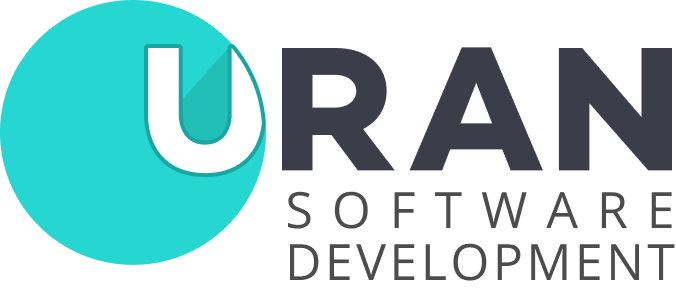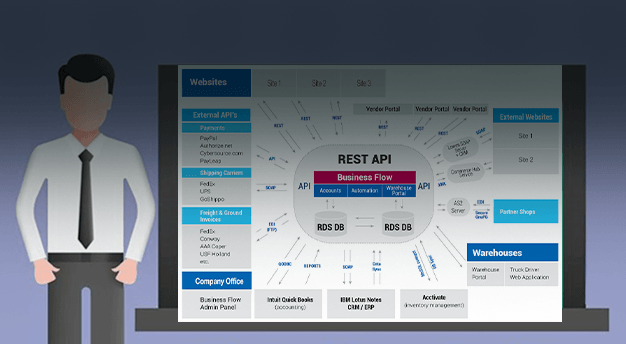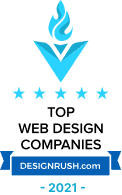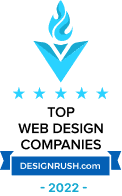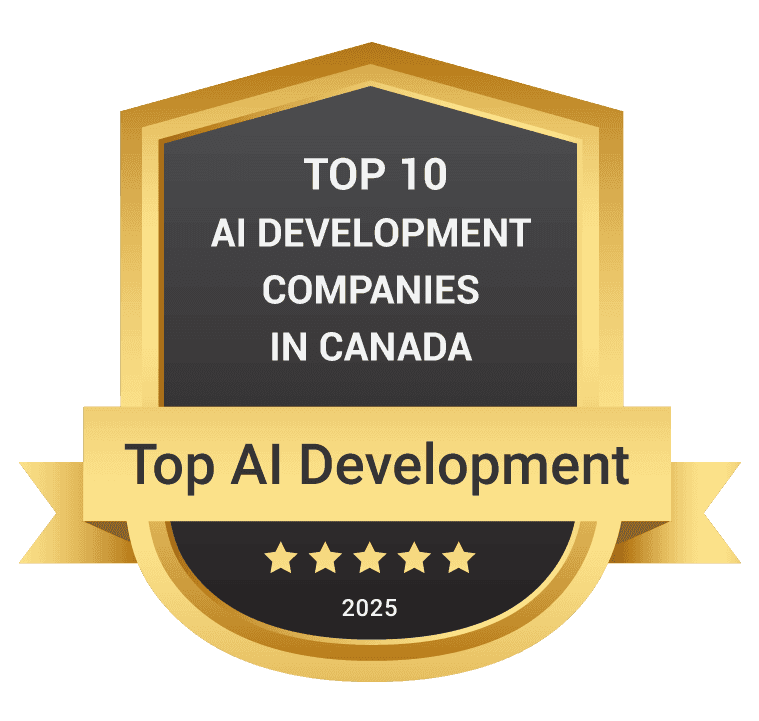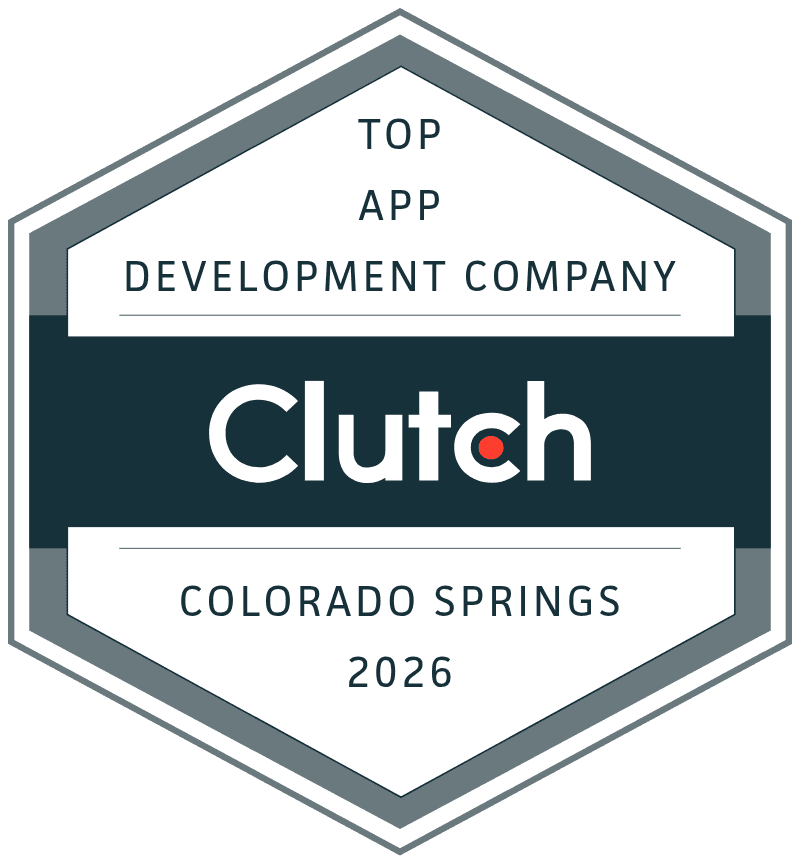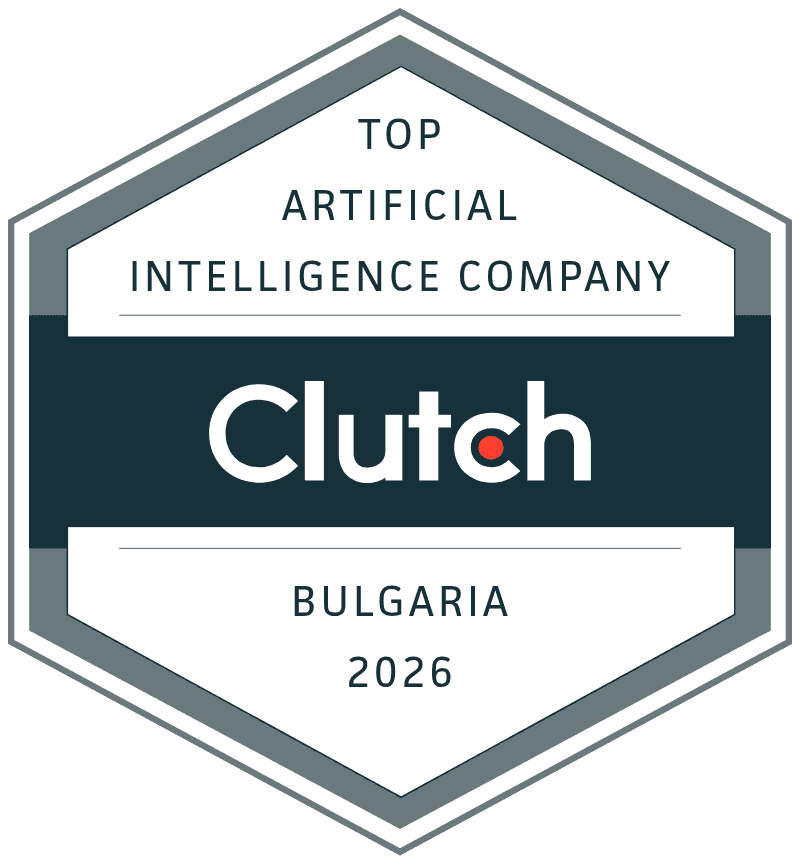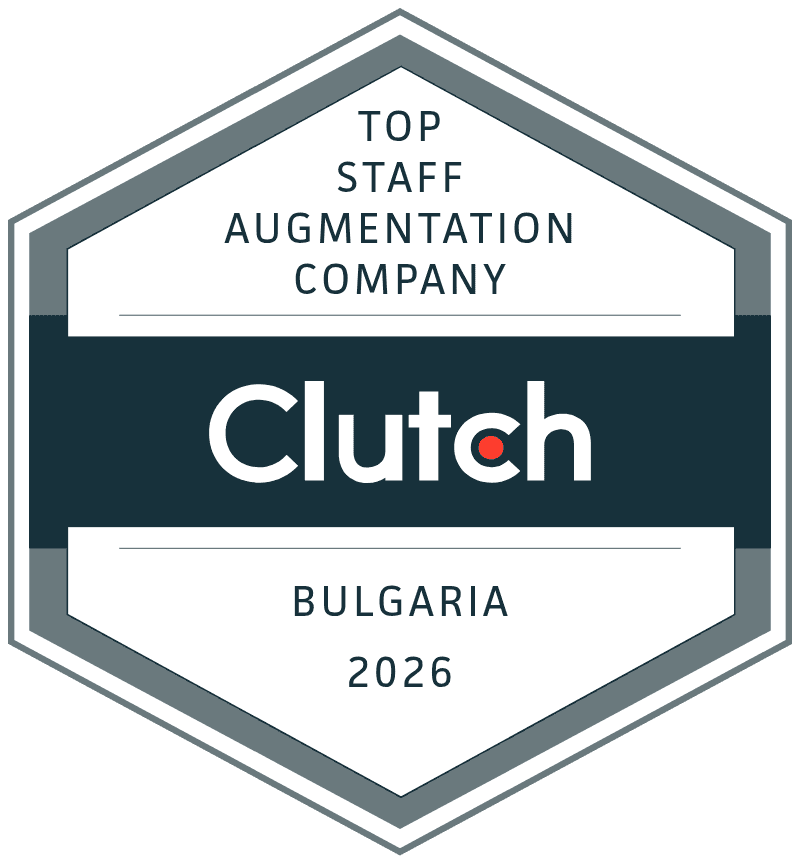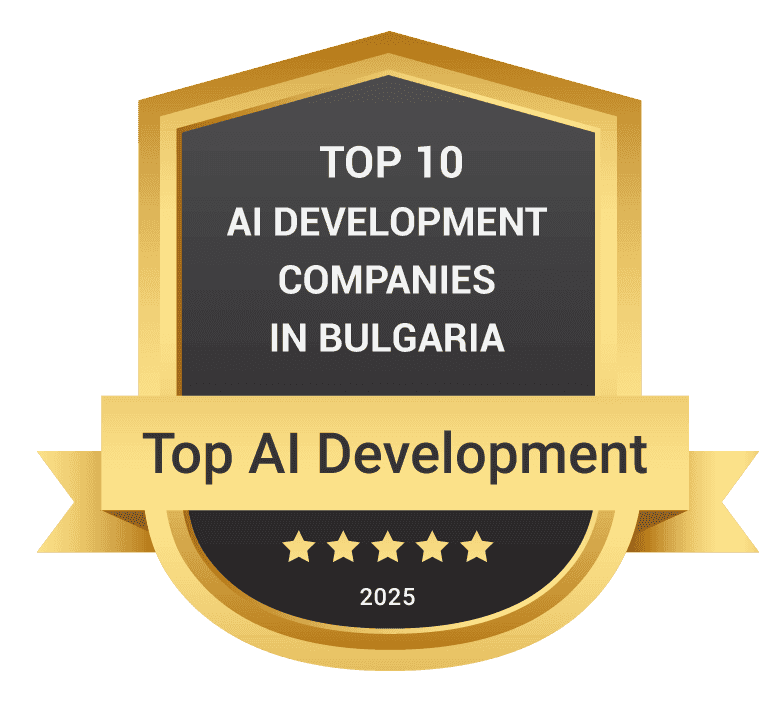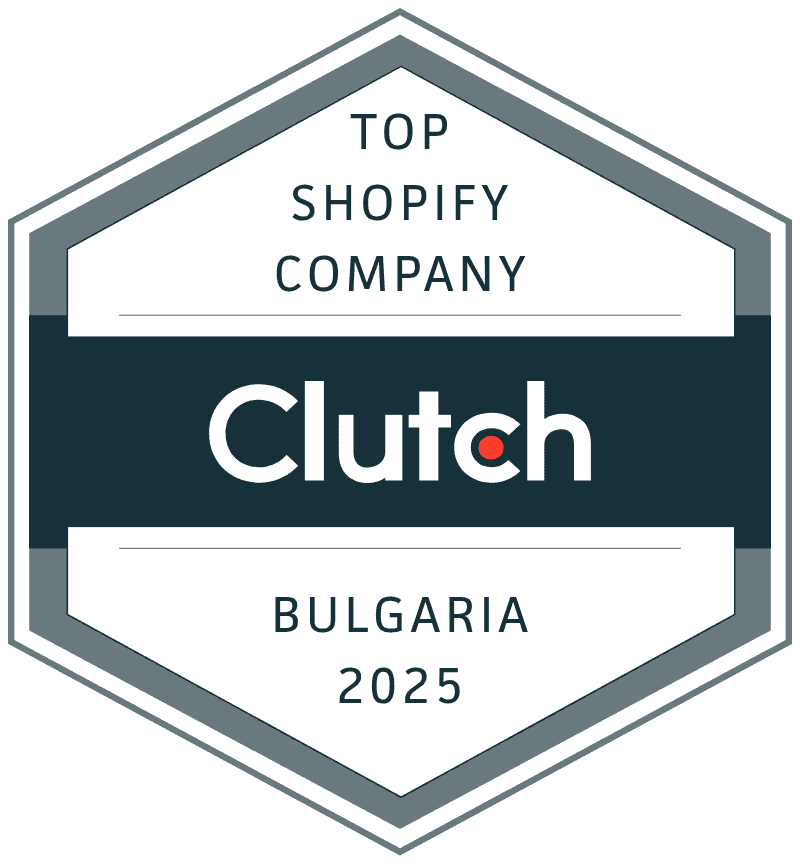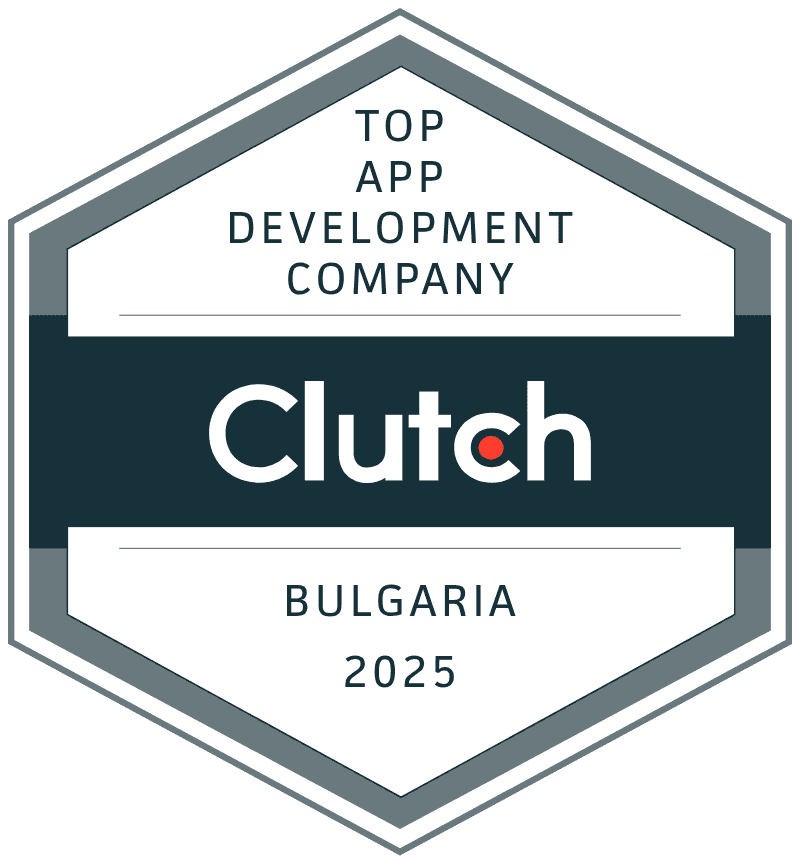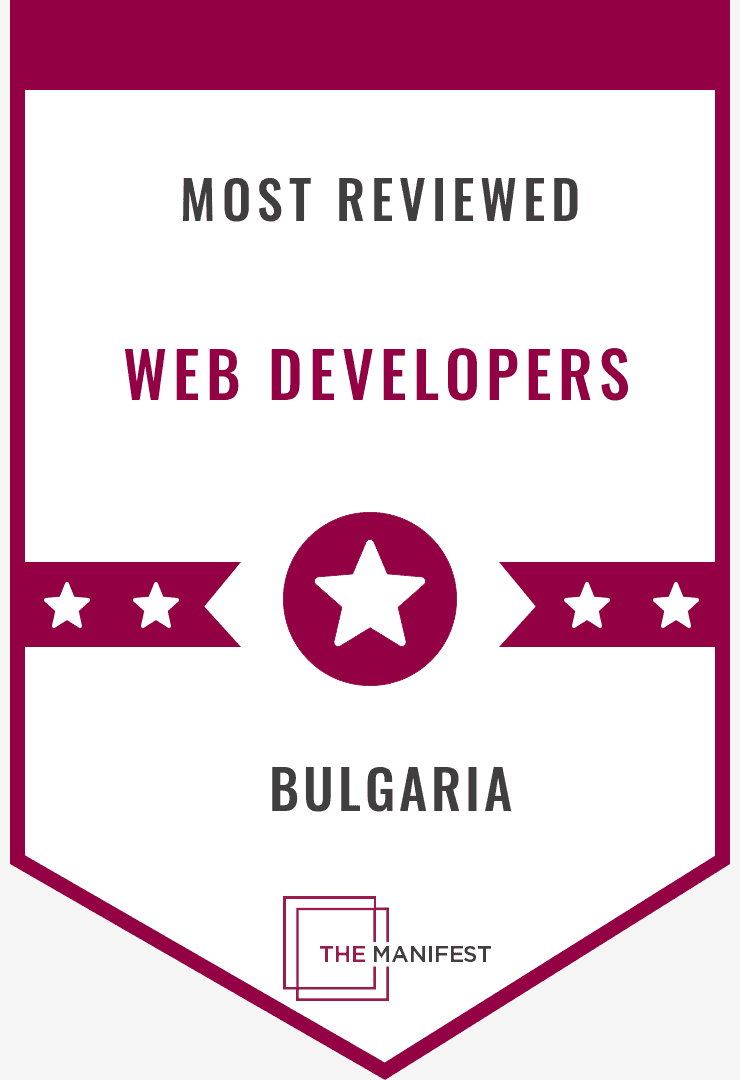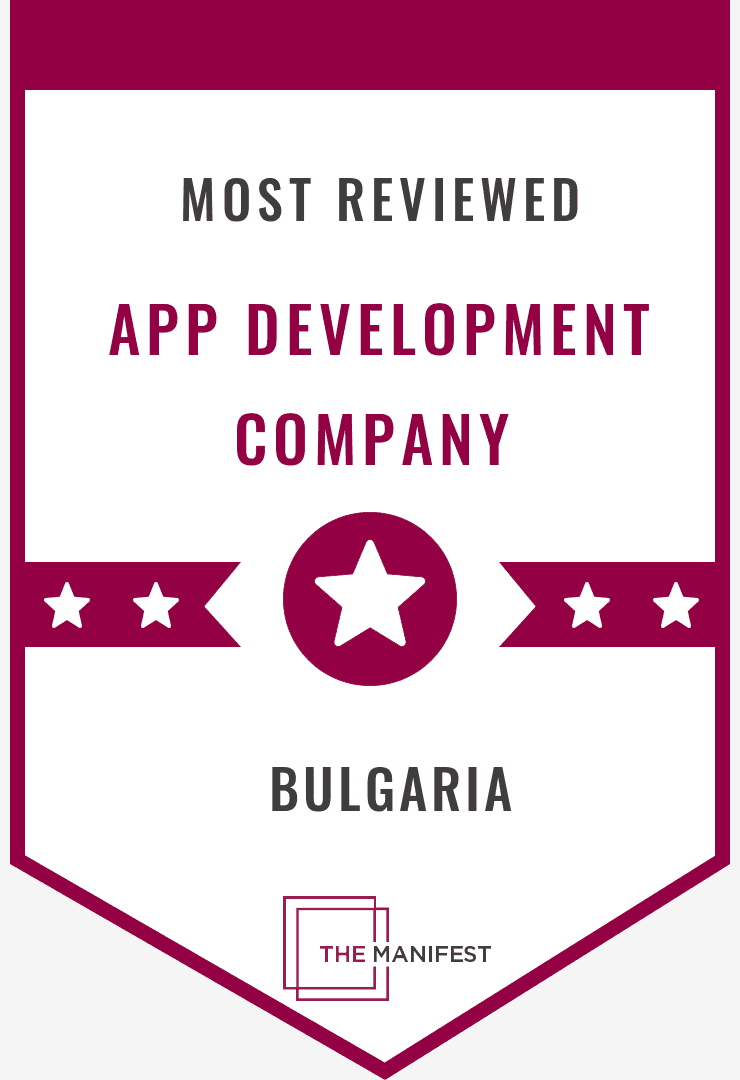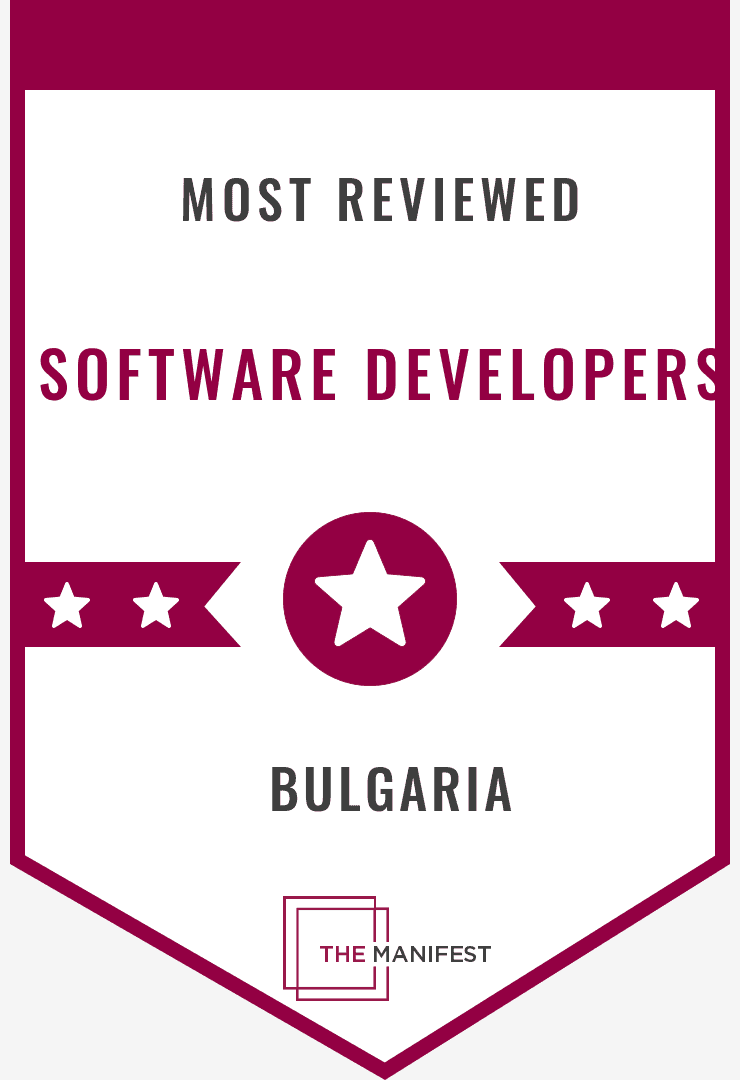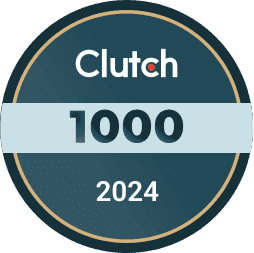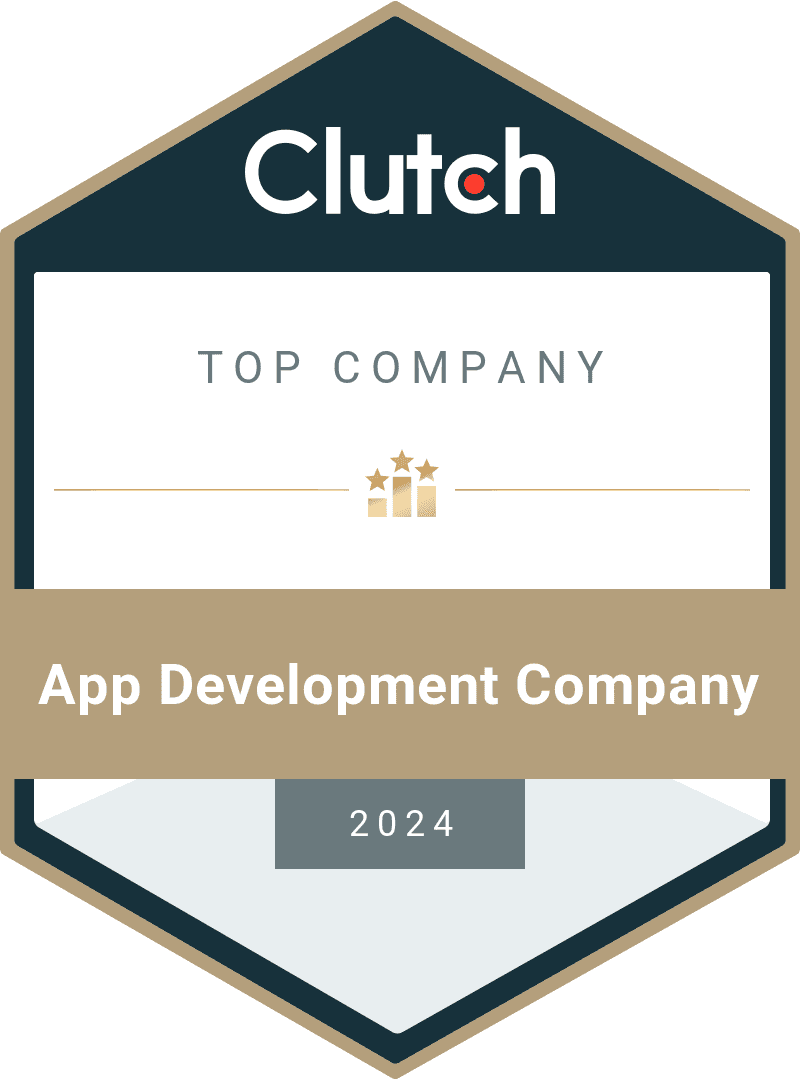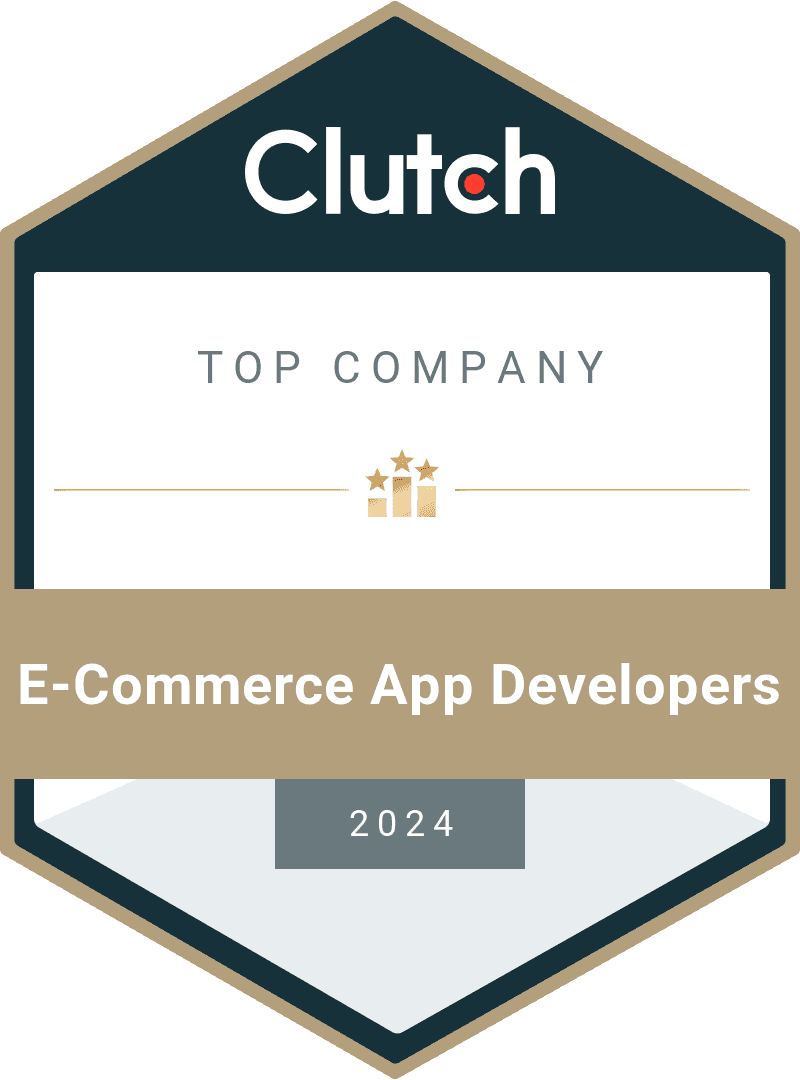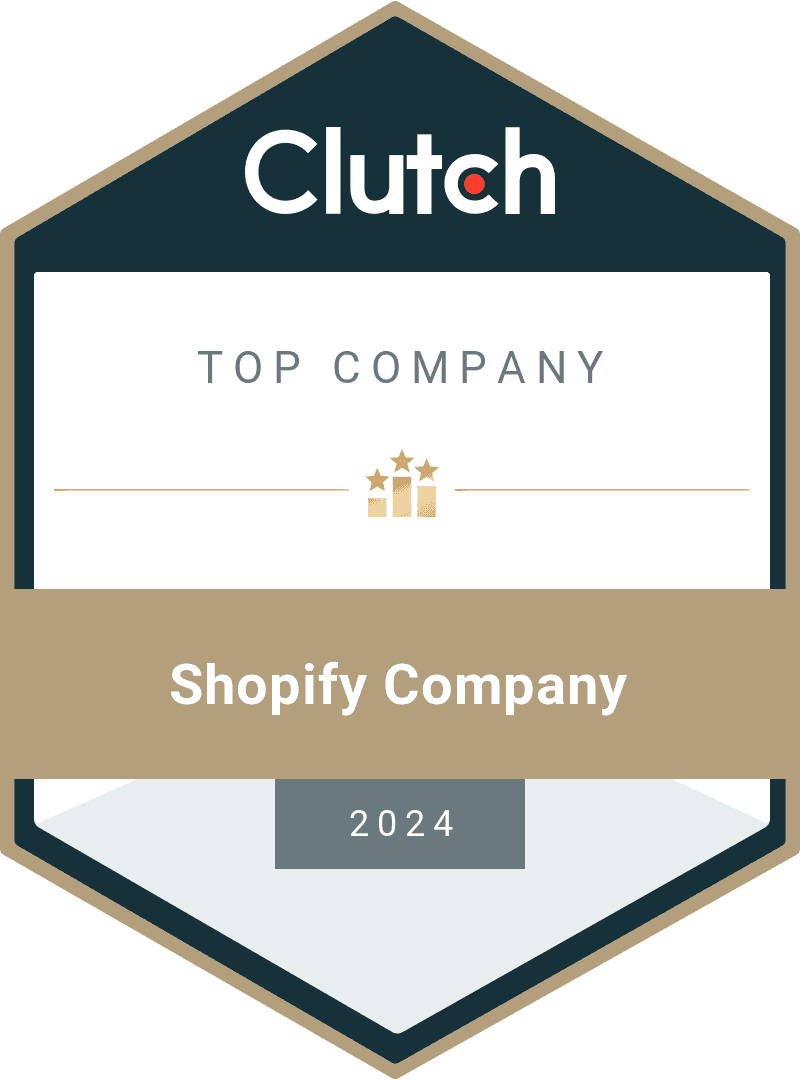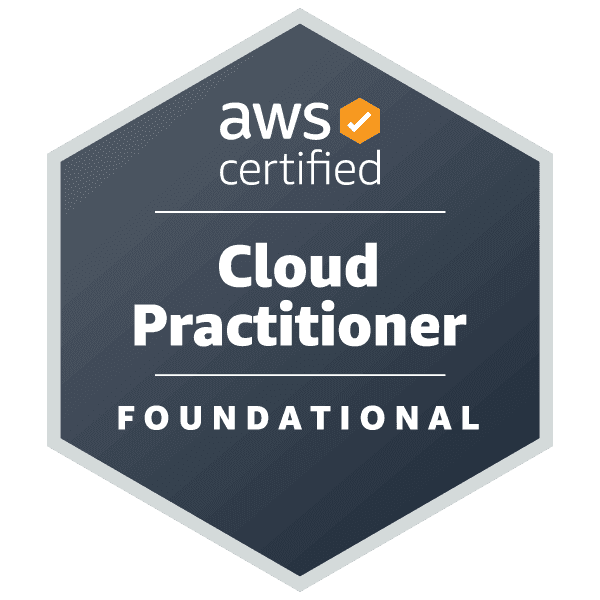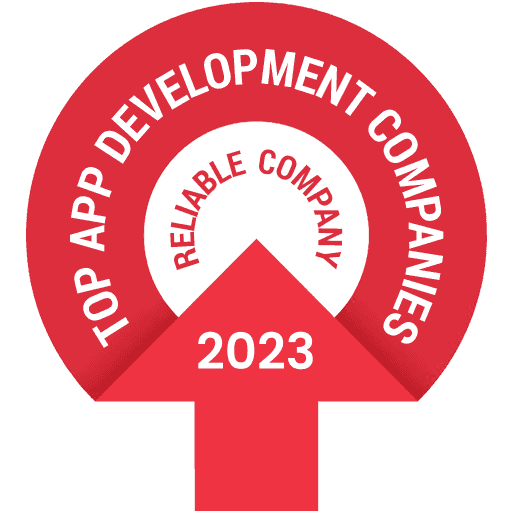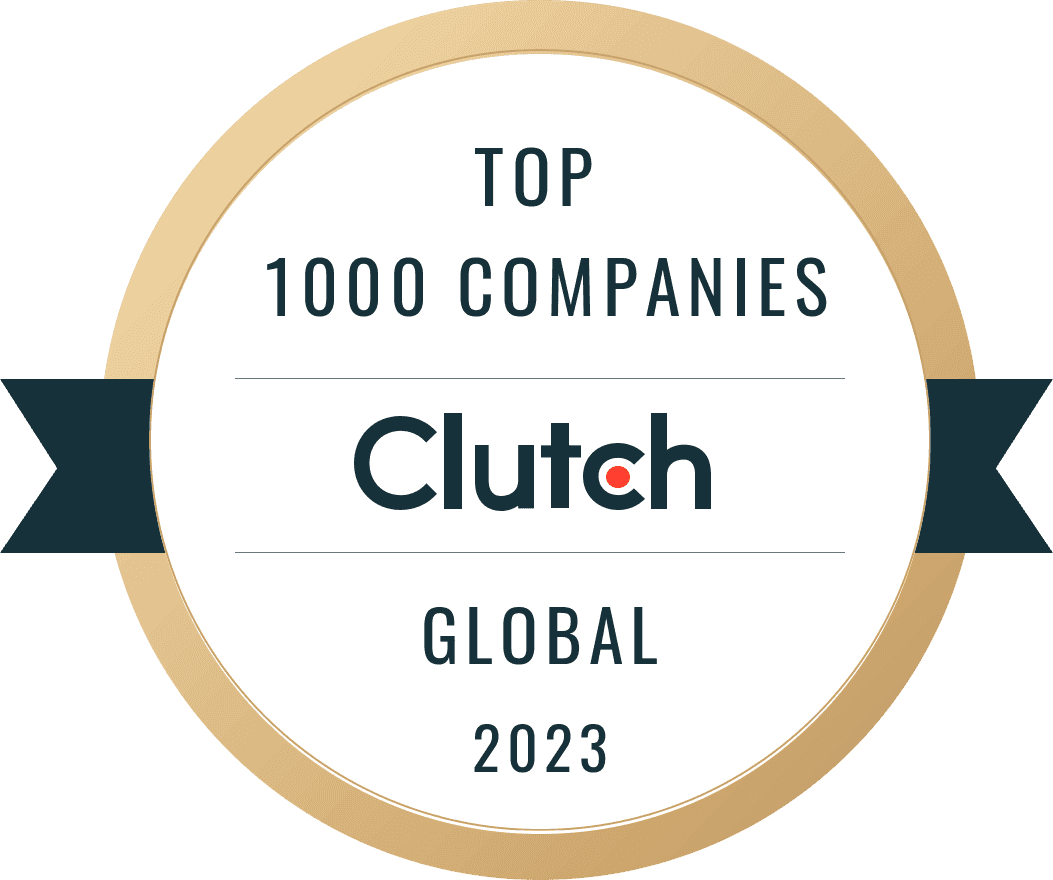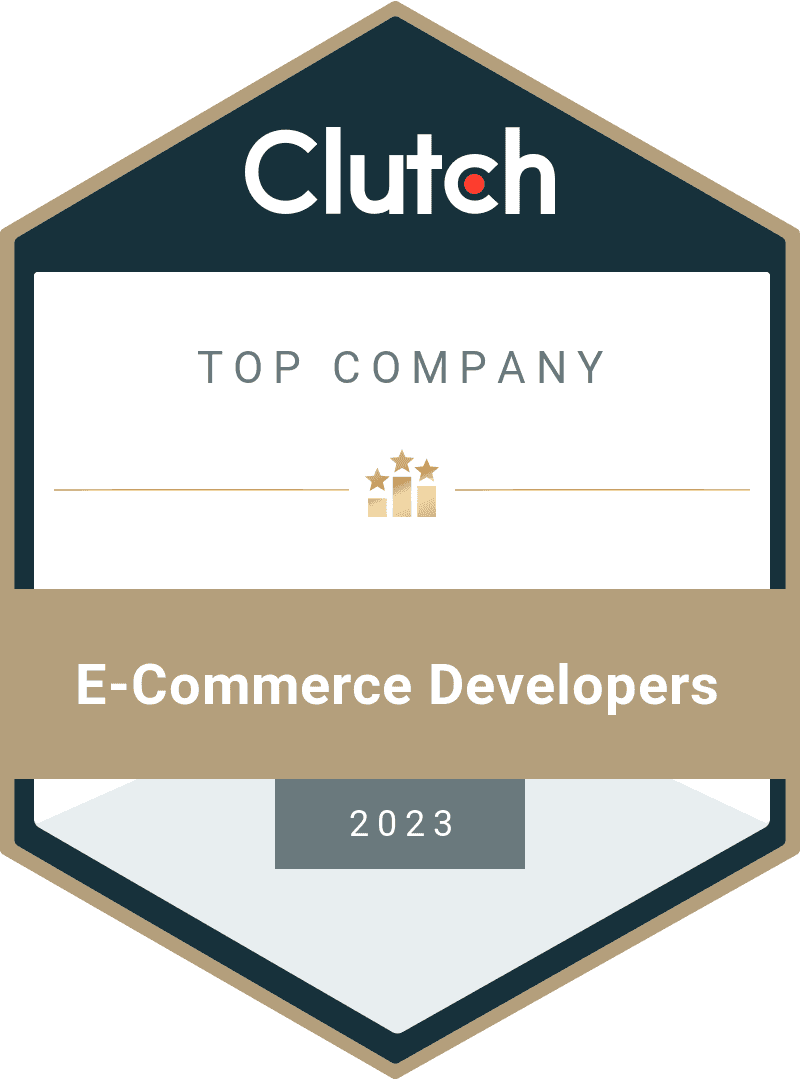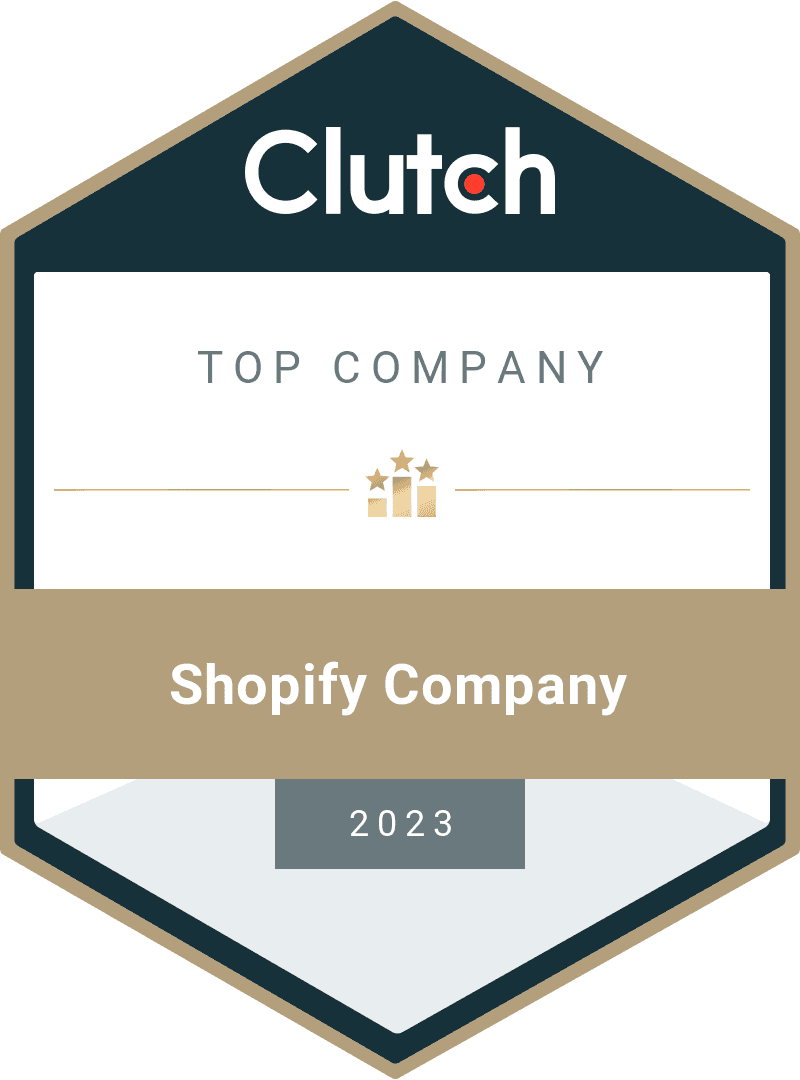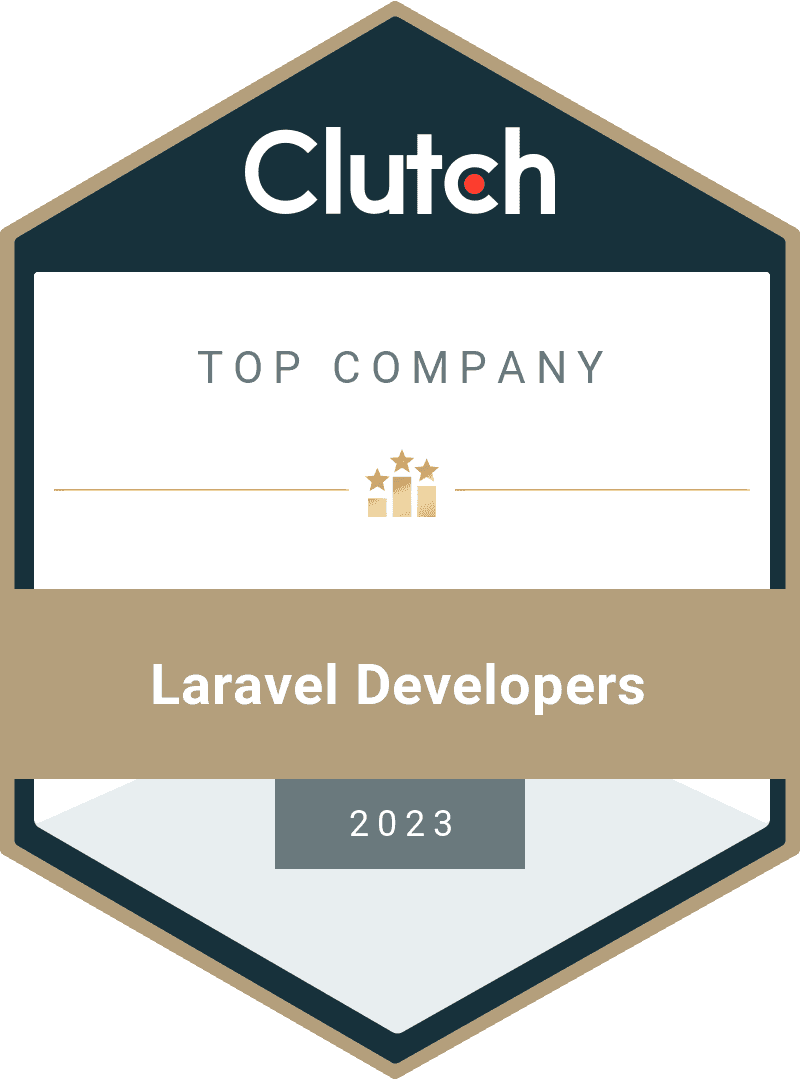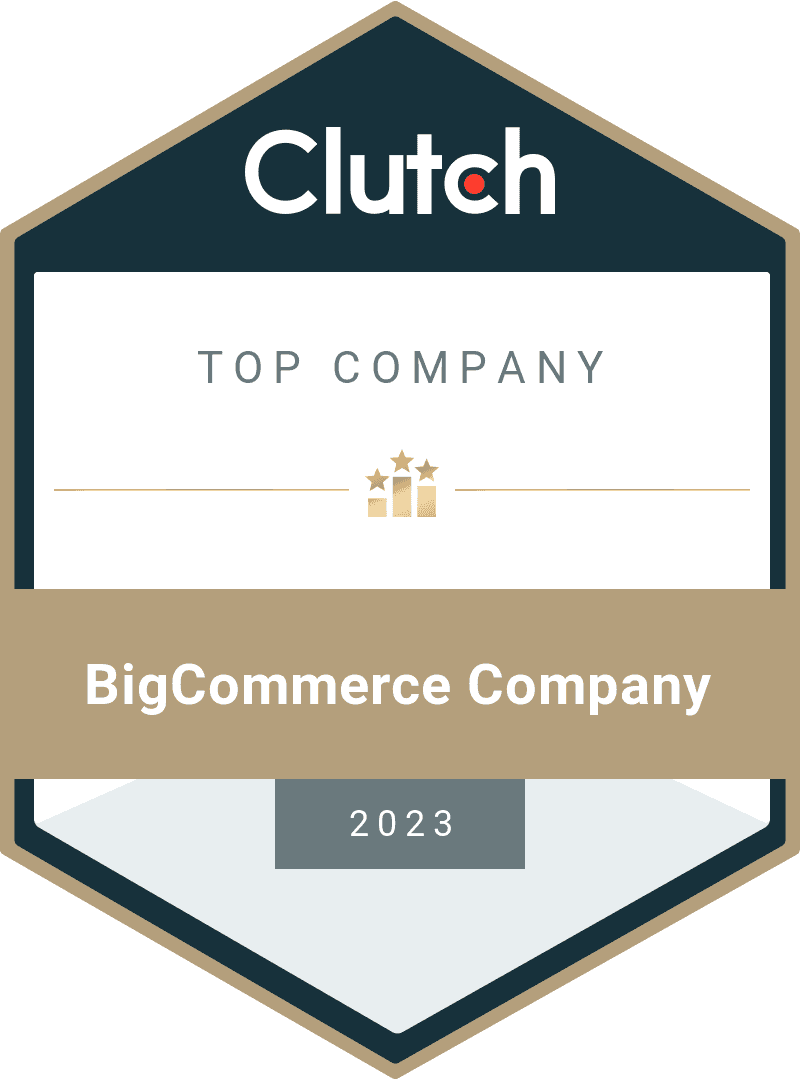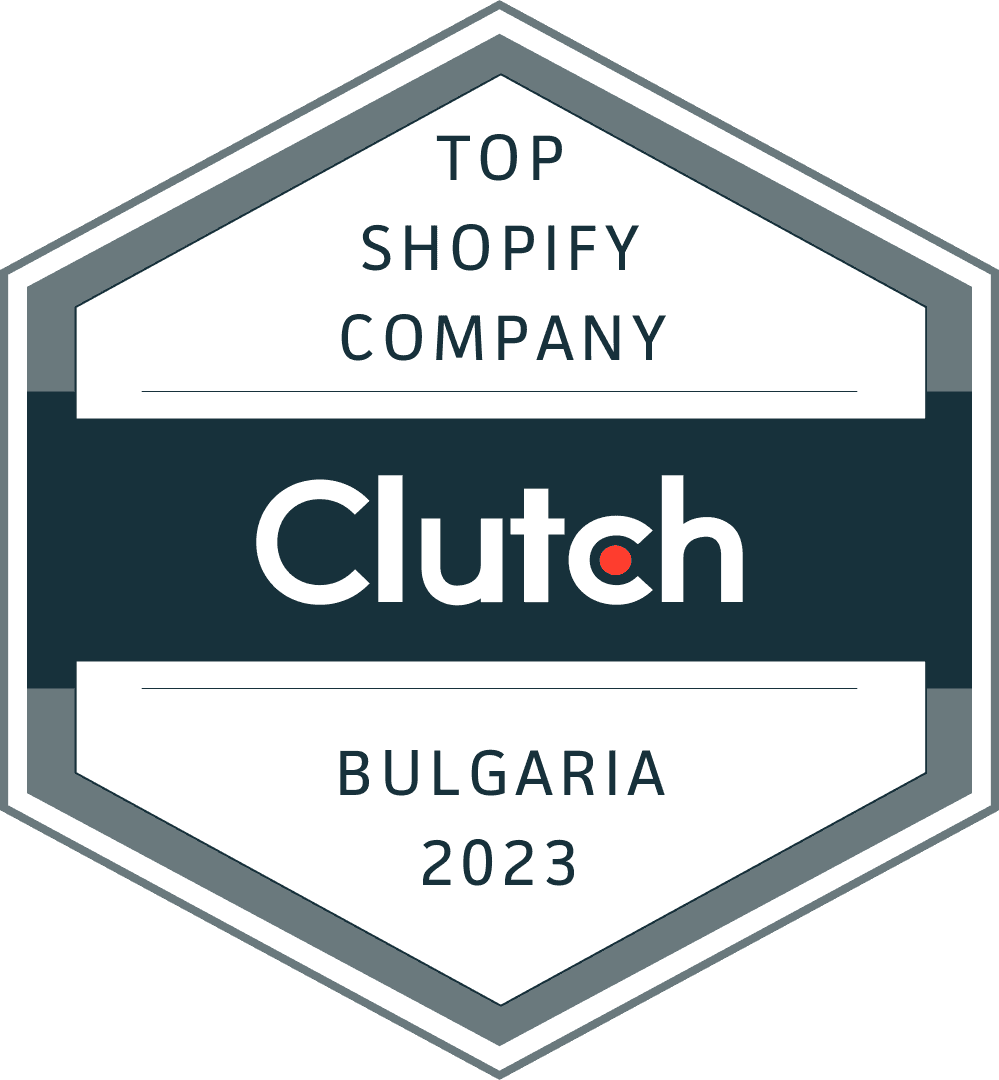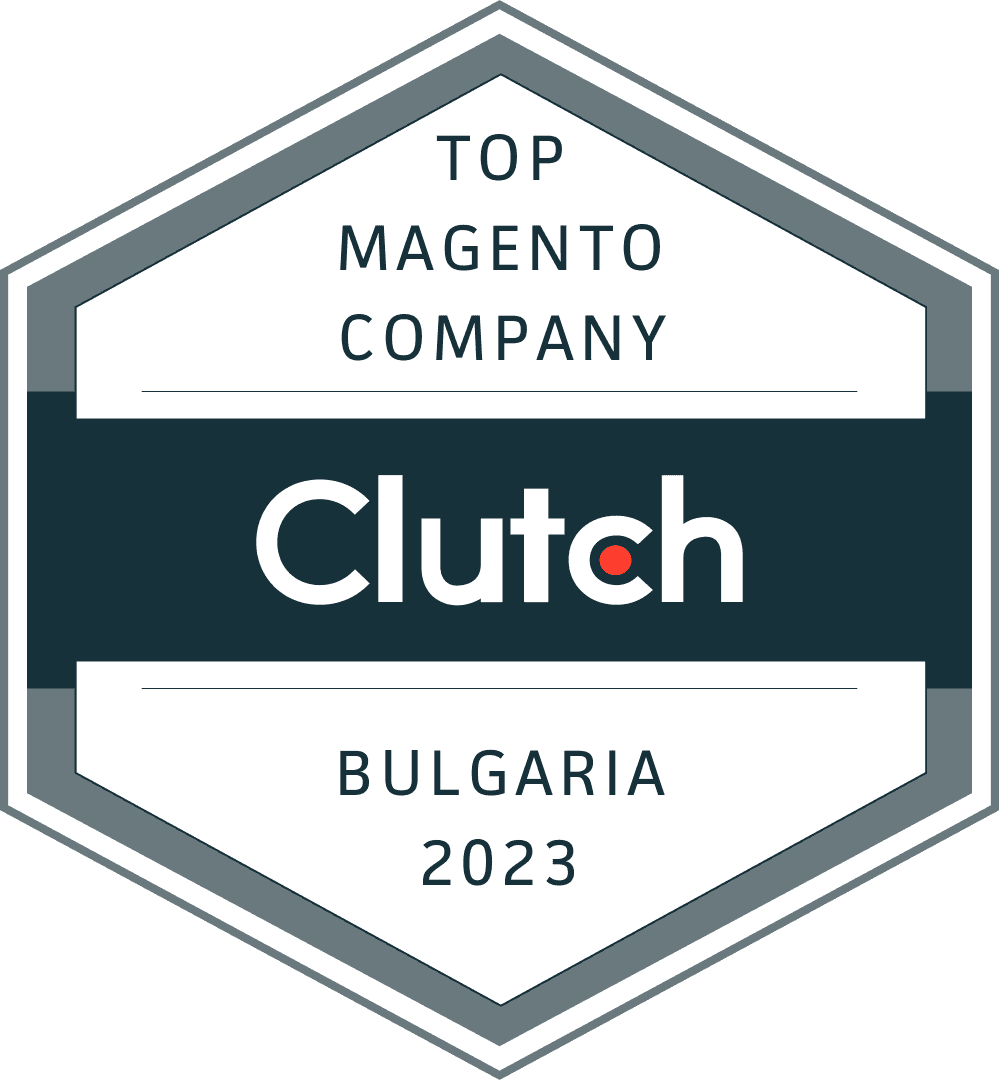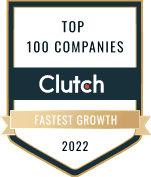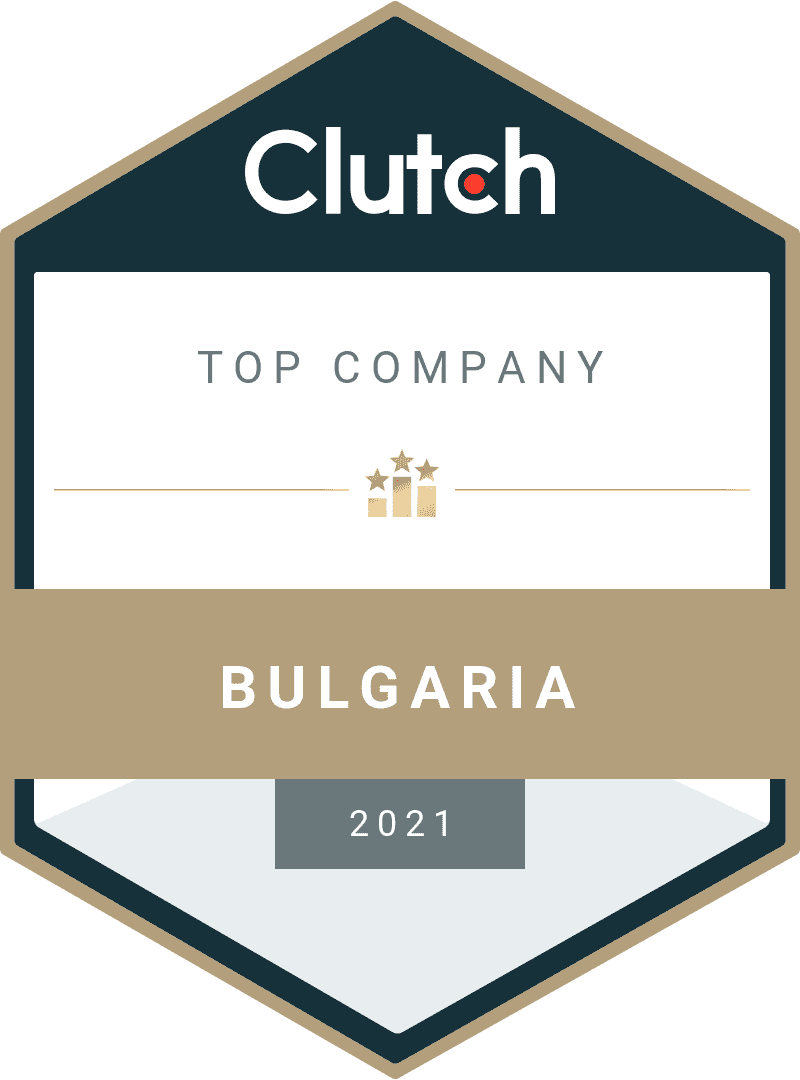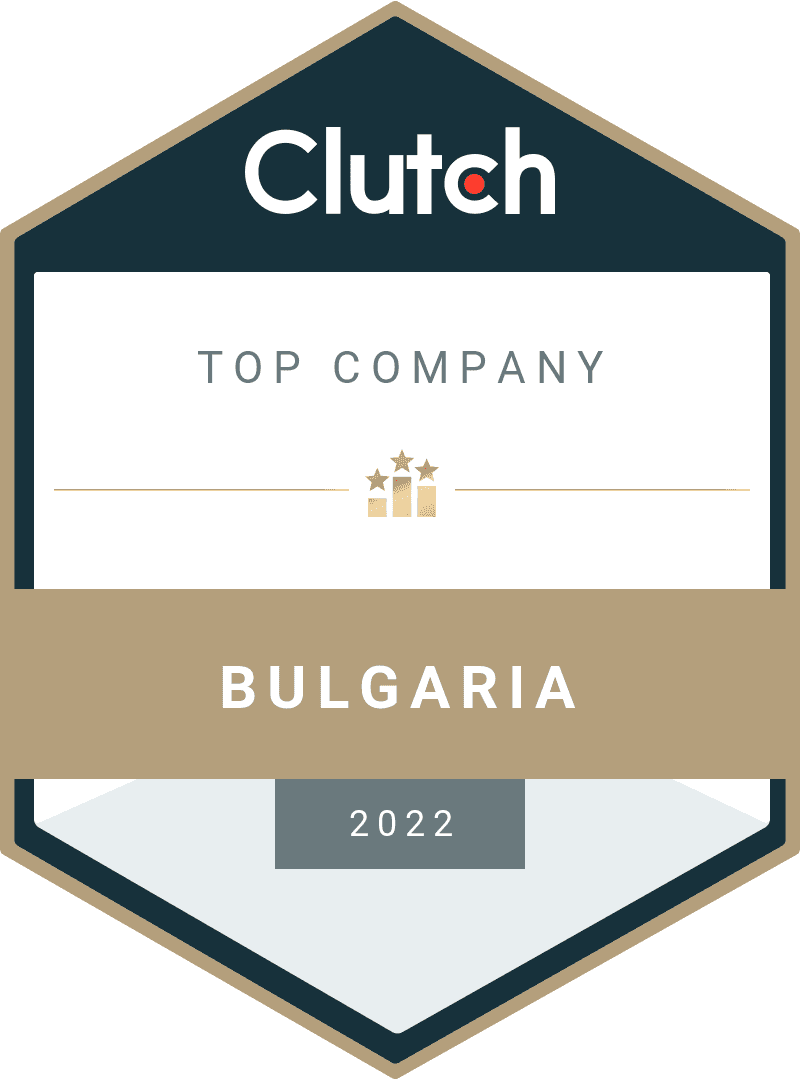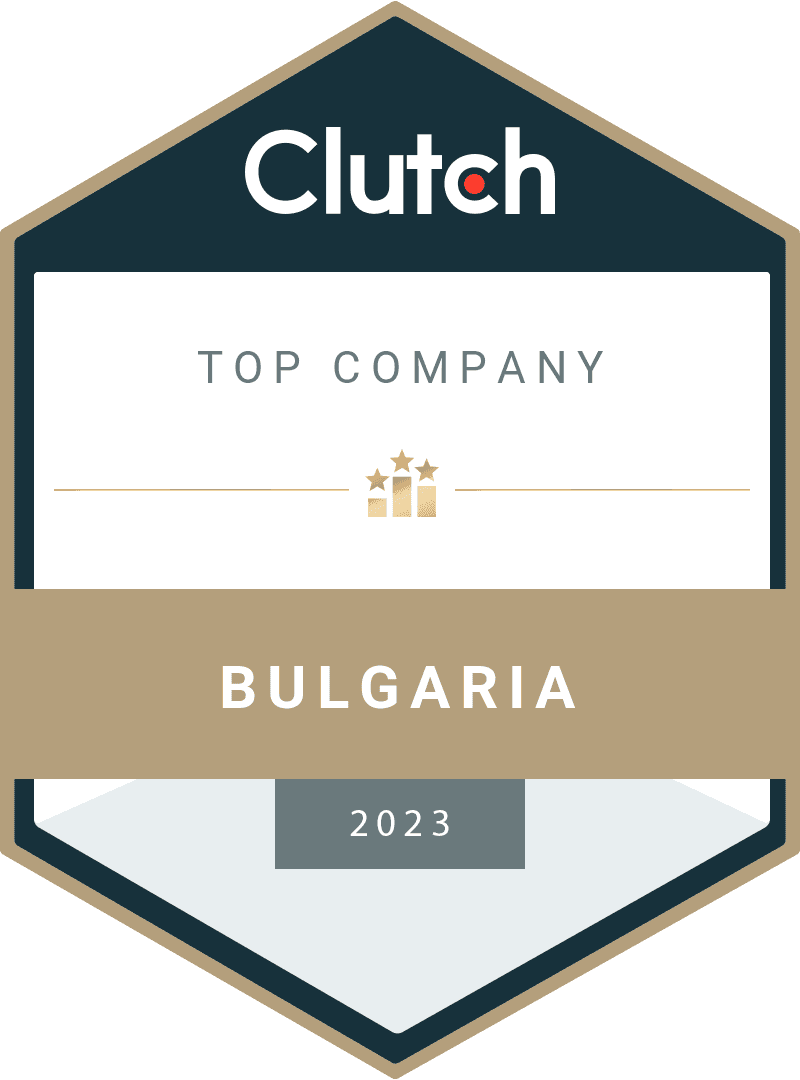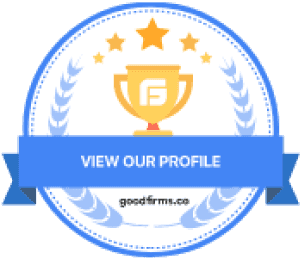In the dynamic landscape of modern business, integrating Customer Relationship Management (CRM) and Enterprise Resource Planning (ERP) systems is crucial for streamlining operations and enhancing efficiency. This case study delves into the successful integration project undertaken by a prominent custom CRM development company.
Our client, a US-based enterprise specializing in the production and sale of building materials, sought our expertise to develop a sophisticated ERP system that seamlessly integrates with their existing tools and processes.
Background
Our client, renowned for their innovative building materials, had previously engaged our custom CRM development company on several projects. These included the development of an automation system, a warehouse portal, and an accounts management system. Building on this foundation, we were tasked with creating a comprehensive ERP system that could unify their disparate systems and optimize their business processes.
Project Scope and Objectives
The primary objective was to design and implement an ERP system that could manage all data and business processes within the company. This system needed to integrate with existing tools such as the document management system Lotus Notes, accounting software QuickBooks, and the inventory management system ACCTivate!. Additionally, it had to interface with various delivery services and partner retail chains to ensure smooth operations across all business units.
Integration with Existing Systems
Document Management with Lotus Notes
Lotus Notes was already in use for document management. The new ERP system needed to seamlessly integrate with Lotus Notes to ensure that all documentation processes were streamlined and easily accessible.
Accounting with QuickBooks
QuickBooks was the accounting software of choice for the client. Integrating QuickBooks with the new ERP system allowed for real-time financial tracking and reporting, enhancing financial management capabilities.
Inventory Management with ACCTivate!
ACCTivate! was the existing inventory management system. By integrating this with the new ERP, we ensured accurate and efficient inventory tracking, order processing, and stock management.
Additional Integrations
Beyond the primary systems, the ERP also needed to integrate with various delivery services and partner retail chains. This included the automation of freight and ground invoice processing, order reception and processing from external systems, and the integration of payment processing from partner sites such as Costco.com through Rithum.
Previous Projects Integrated into the ERP
Automation System
The automation system we previously developed aimed to streamline and automate various business processes. By integrating this into the ERP, we could continuously improve and expand automated processes to increase operational efficiency.
Warehouse Portal
The warehouse portal was designed to optimize order formation, sending, and warehouse operations. Integration into the ERP allowed for better order tracking, status updates, and overall warehouse management.
Accounts Management
The accounts management system facilitated the creation of user accounts and the installation of digital signatures on necessary documents. Incorporating this into the ERP ensured secure and efficient document processing for order management.
Detailed Breakdown of the Automation System
The automation system controlled several critical processes, including:
- Receiving freight and ground invoices from delivery services
- Order reception and processing from external systems
- Payment processing from Costco.com via CommerceHub.com
- Sending dunning letters and notifications
- Generating reports and maintaining logs
- Integrating with Lotus Notes/Domino and ACCTivate!
By automating these processes, the custom CRM development company could significantly enhance the efficiency and accuracy of the client's operations.
Technologies and Frameworks Used
To develop this robust ERP system, we employed a range of technologies and frameworks:
- FuelPHP
- CodeIgniter
JavaScript Frameworks and Libraries
- jQuery
- ExtJS
- AngularJS
- Bootstrap
These technologies provided a solid foundation for building a scalable, efficient, and user-friendly ERP system.
Services and Protocols
The system utilized various services and protocols to ensure seamless integration and operation:
- SOAP
- REST
- EDI (Electronic Data Interchange)
- AS2 Server
- Rithum
- CyberSource.com
- FedEx SOAP Services
These protocols enabled reliable and secure data exchange between the ERP system and external services.
Cloud Infrastructure
The ERP system was deployed on Amazon cloud servers, ensuring high availability, scalability, and security. This cloud-based approach allowed for easy access and management of the system from any location.
Project Outcome
The custom CRM development company successfully met all project objectives, delivering a robust and efficient ERP system that continues to evolve and adapt to the client's needs. The integration of various systems and automation of key processes have significantly enhanced the company's operational efficiency and data management capabilities.
Final Words
This case study highlights the critical role of a custom CRM development company in creating a tailored ERP solution that integrates seamlessly with existing systems and processes. By leveraging advanced technologies and frameworks, we developed a comprehensive ERP system that streamlines operations, improves data management, and enhances overall efficiency. This project underscores the importance of integrating CRM and ERP systems for modern businesses aiming to stay competitive in a rapidly evolving market.
Relevant Articles:
